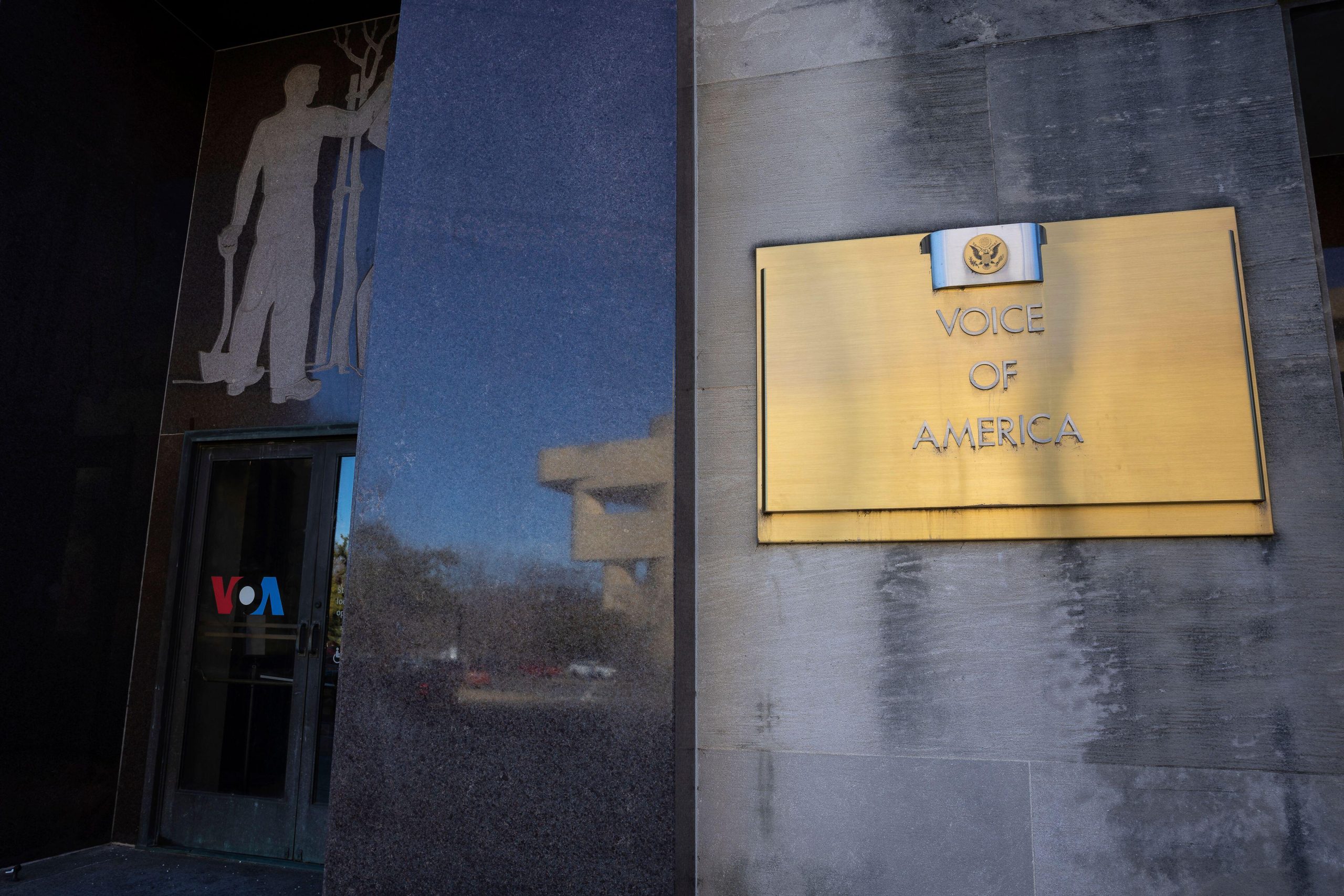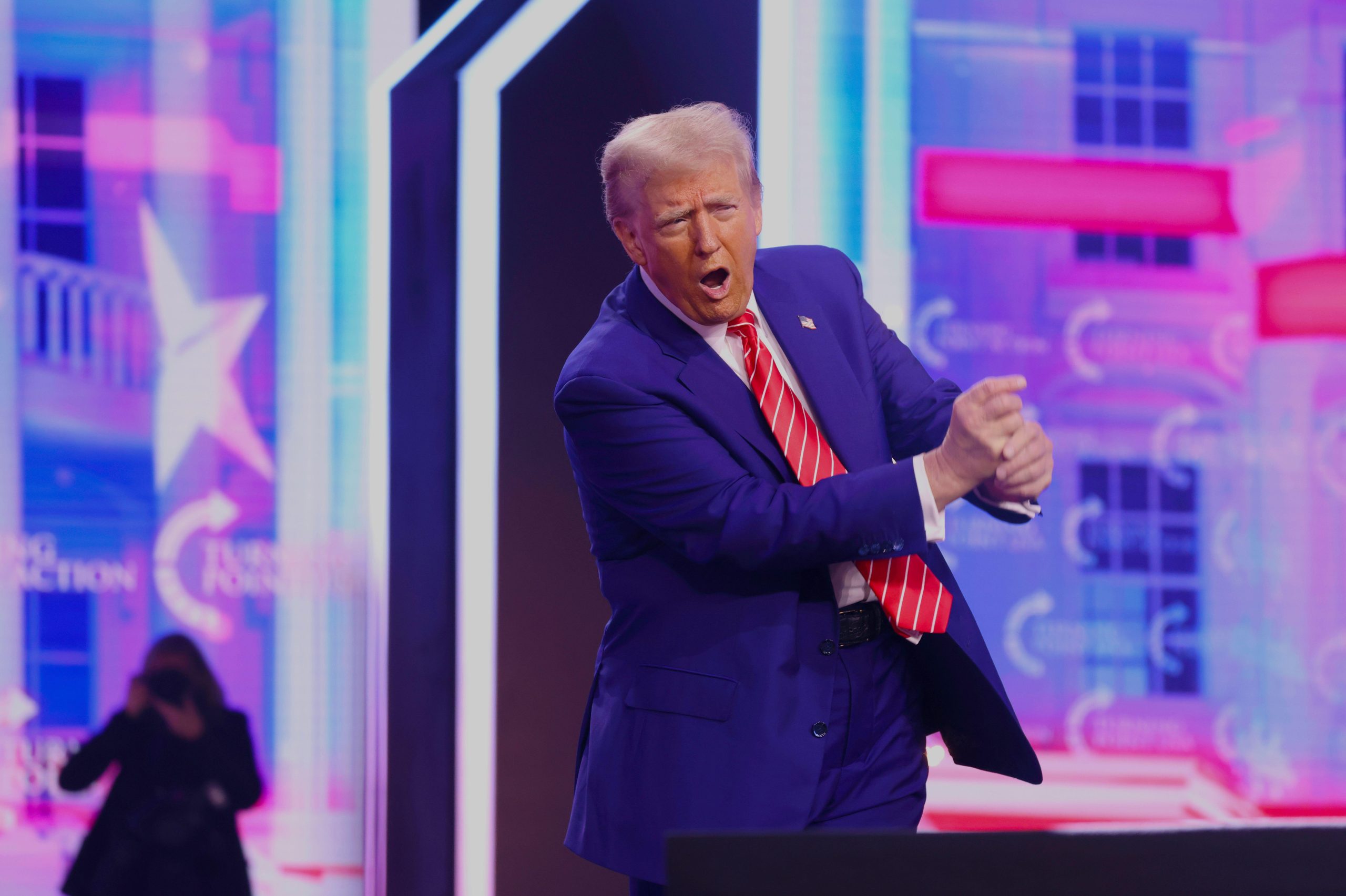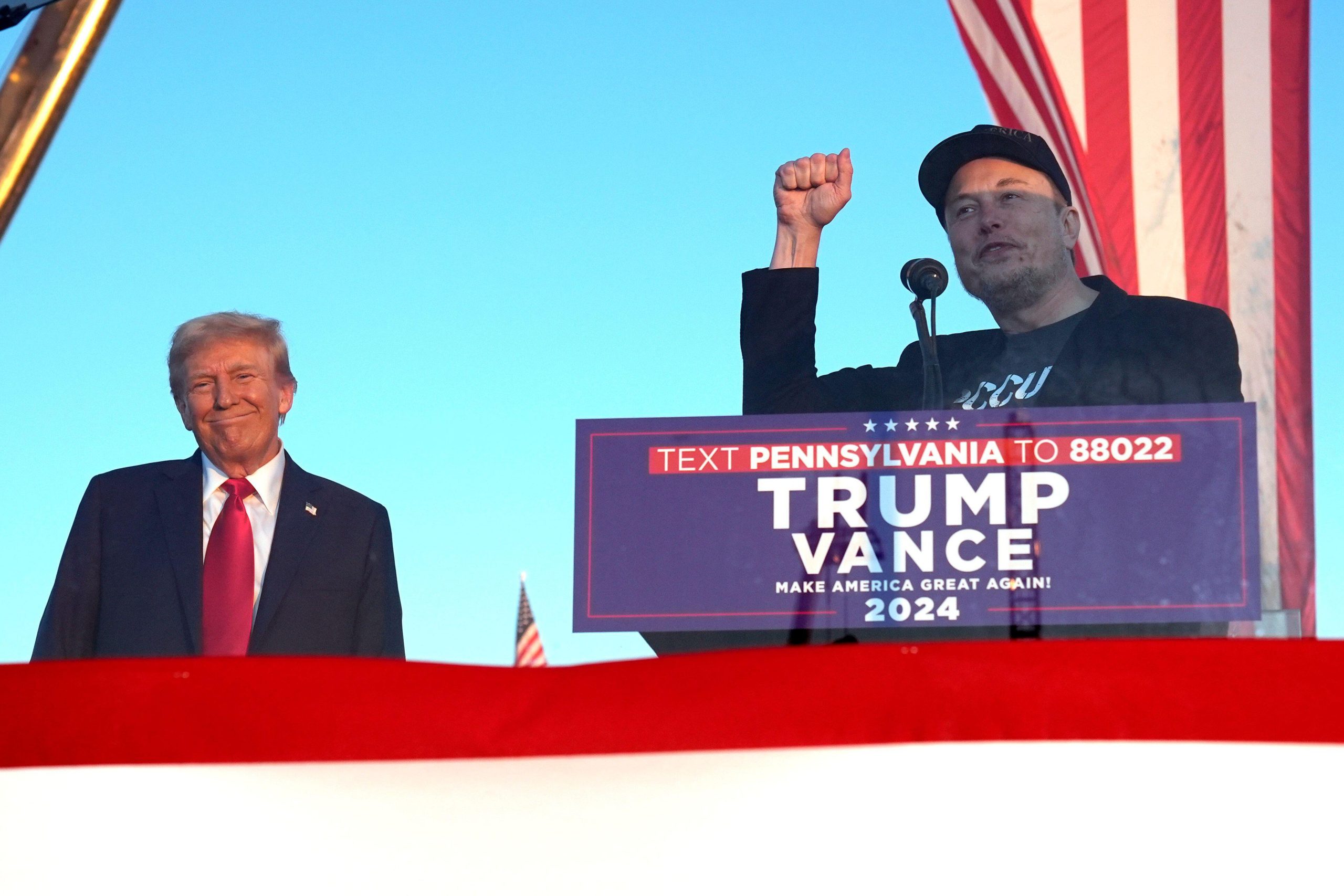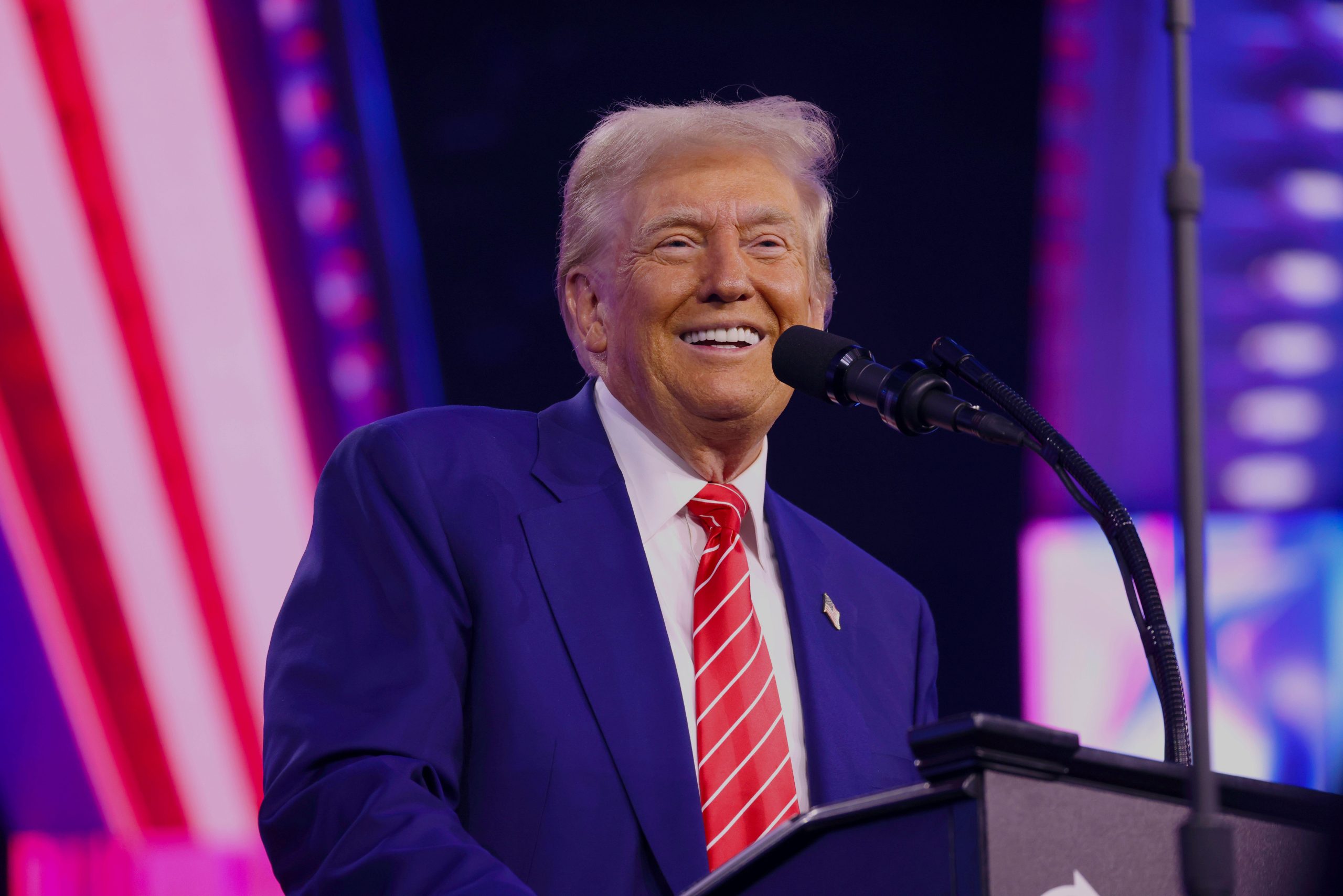Online social networks will be serious players during the next year’s Mexican presidential elections. Electoral reform pushed through in 2008 means Mexican political parties cannot advertise on television. “That reform has totally changed elections in this country,” says Maria Elena Meneses, an elections and internet expert from university Tecnologico de Monterrey. According to Meneses, because political parties are cut off from such a massive media outlet they will turn to Twitter, Facebook and YouTube in future elections.
Mexico’s electoral reform came after 2006’s presidential election debacle when the presidential candidate for the leftist Democratic Revolutionary Party (PRD), Andres Manuel Lopez Obrador, accused the winner, Felipe Calderon, of the Action Party, PAN, of fraud. Amidst claims of missing votes 1.1m people marched through Mexico city to protest against electoral fraud
Underlying these charges were accusations that the PAN had used television spots that to suggest Lopez Obrador was similar to Hitler.
But the internet also played a key role in 2006. High volumes of hate mail were circulated about all candidates, but most was negative targeted Lopez Obrador. According to a poll, voters received more electoral propaganda disparaging the PRD presidential candidate. On the other side, a computer savvy voter set up a YouTube video that showed dubbed clips of the movie Madagascar in which a computer animated raccoon figure asked for a recounting of the electoral votes. Close to a million viewers watched the clip.
The key claim from the Lopez Obrador campaign was that the 2006 presidential election was manipulated by the various ruling party state secretaries around the country.
In 2009, candidates in the provincial elections for state governorships and congress used Twitter to establish followings, but according to Meneses, they won’t be the only medium in the 2012 elections. “Twitter and Facebook will appeal to the working masses and to youth. The campaign will be dirty — dirtier than it was when it was conducted on television,” claims Meneses.
Part of the problem in Mexico is connected to the fact politicians are not used to having a conversation with voters. “In Mexico, we continue to have political relationships that not vibrant and do not embrace interaction with the electorate” she said.




